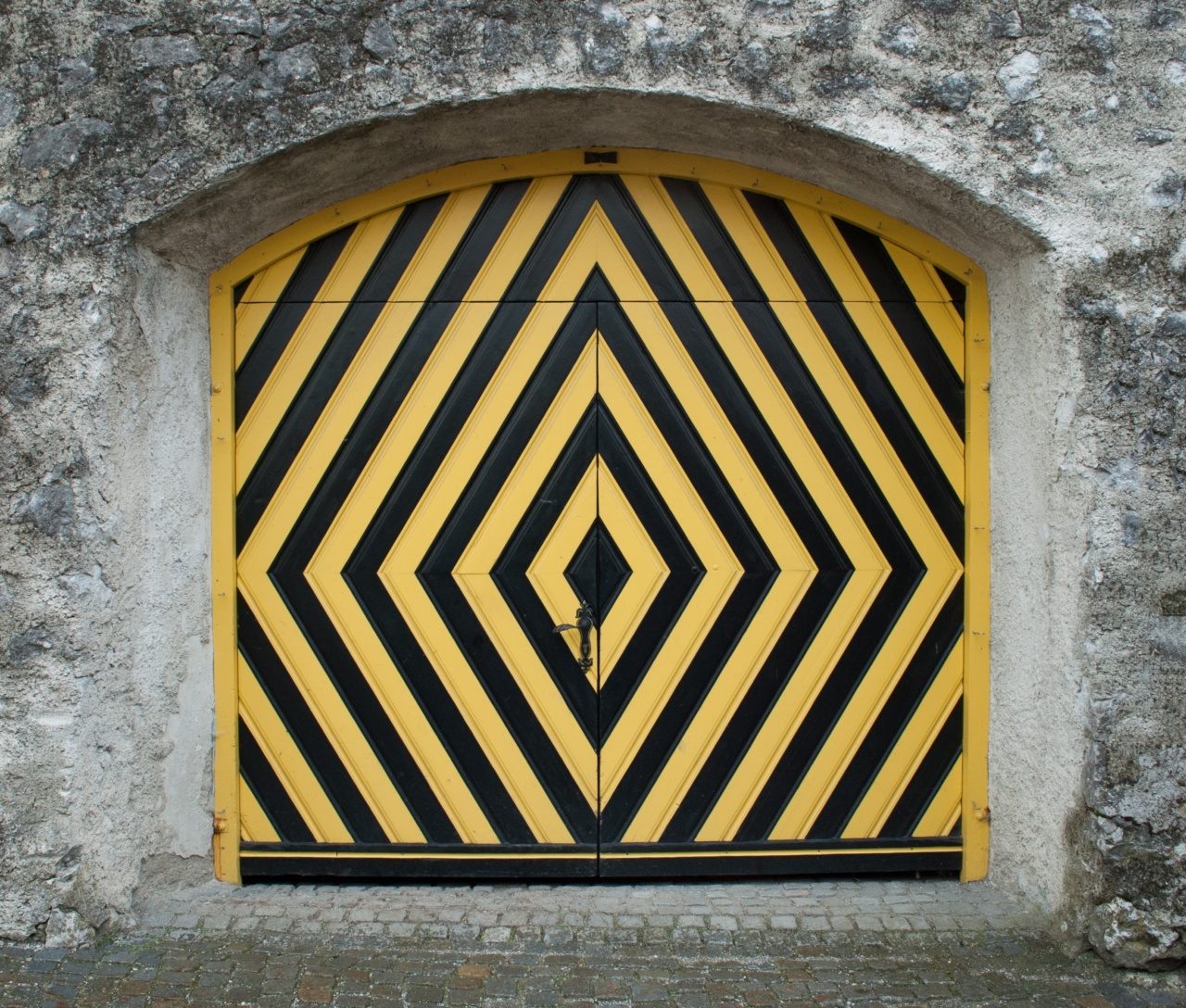Kidney stones are small, hard deposits that form in the kidneys. They are made up of minerals and salts and can cause significant pain and discomfort when they pass through the urinary tract.
It’s important to be aware of the warning signs of kidney stones so that you can seek medical attention promptly. Here are five symptoms that you should never ignore:.
1. Severe Pain in the Side and Back
One of the most common signs of kidney stones is severe pain in the side and back. The pain typically starts suddenly and may come in waves. It can be sharp and intense, often radiating to the lower abdomen and groin.
The location of the pain can vary depending on the position of the kidney stone within the urinary tract.
2. Blood in the Urine
Blood in the urine, also known as hematuria, is another warning sign of kidney stones. The presence of blood can give your urine a pink, red, or brownish tint.
In some cases, you may not be able to see the blood with the naked eye, and it can only be detected through a urine test. Regardless of the amount, the presence of blood in the urine should always be evaluated by a healthcare professional.
3. Frequent Urination and Urgency
If you find yourself needing to urinate more frequently or feel a sense of urgency even when your bladder isn’t full, it could be a sign of kidney stones.
As the stones move through the urinary tract, they irritate the bladder and cause these symptoms. These sensations can be quite uncomfortable and disruptive to your daily activities.
4. Cloudy or Foul-Smelling Urine
Healthy urine is typically clear and odorless. However, when you have kidney stones, your urine may appear cloudy or have a strong, unpleasant odor.
This happens due to the presence of minerals, bacteria, and other substances that can accumulate in the urinary tract along with the stones. If you notice any significant changes in the appearance or smell of your urine, it’s important to get it checked out by a healthcare professional.
5. Painful Urination
Kidney stones can cause pain and discomfort during urination. You may experience a burning or stinging sensation, similar to that of a urinary tract infection. This happens when the stones irritate the lining of the urinary tract and cause inflammation.
If you notice pain or discomfort while urinating, it’s essential to rule out kidney stones as a potential cause.
When to Seek Medical Attention
If you experience any of these warning signs, it’s crucial to seek medical attention promptly. While kidney stones are generally not life-threatening, they can lead to complications if left untreated.
Some complications include urinary tract infections, blockages in the urinary tract, and kidney damage. Seeing a healthcare professional will help in diagnosing kidney stones and determining the appropriate treatment plan.
Prevention and Treatment
Avoiding kidney stones altogether is the best approach. Staying well-hydrated by drinking plenty of water throughout the day can help prevent the formation of stones. Additionally, reducing sodium and oxalate-rich foods in your diet can be beneficial.
If you do develop kidney stones, treatment will depend on the size and location of the stones. Small stones may pass through the urinary tract on their own and can be managed with pain medication and increased fluid intake.
However, larger stones or those causing severe symptoms may require medical intervention. Treatment options include extracorporeal shock wave lithotripsy (ESWL), ureteroscopy, or surgical removal.
Conclusion
Kidney stones can be incredibly painful and disruptive to your daily life. Recognizing the warning signs allows for prompt medical attention and appropriate treatment.
If you experience severe pain in your side and back, blood in your urine, frequent urination and urgency, cloudy or foul-smelling urine, or painful urination, don’t ignore these symptoms. Remember, early intervention can help prevent complications and provide you with the relief you need.





























